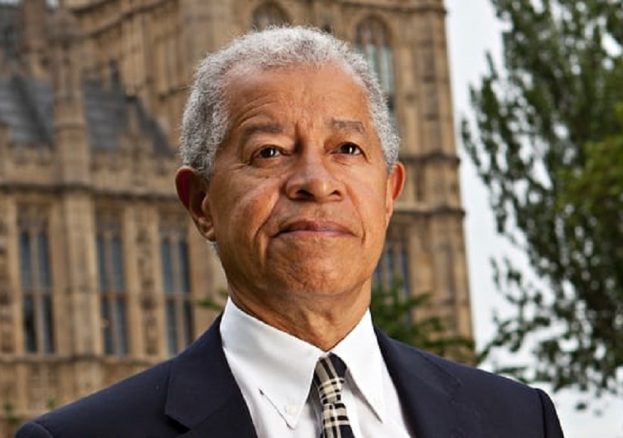
It was, therefore, a welcome surprise during 2020 when there was an apparent upsurge in acknowledging the existence of widespread institutional, organisational and individual racial discrimination. This all emerged as a result of substantial media coverage of the many acts of police brutality and killings of Black people in the United States.
Yet again, it signalled the possibility of a new dawn for equality, inclusion and justice. The emergent optimism was largely due to the fact that people from all backgrounds were clearly expressing their support for actions to end all forms of discrimination and unfair treatment. People were taking to the streets to protest about the lack of action and demanding justice, and there were expressions of support for movements such as Black Lives Matter.
This memoir is being published at a time when Britain and the rest of the world continue to grapple with the challenges of the global pandemic. Many people from all backgrounds, but especially from the Black, Asian and minority ethnic communities, have been on the frontline, particularly in working tirelessly for the NHS. This public health emergency triggered the optimistic political refrain of, “We are all in this together.” This provided a timely opportunity for the country to embrace the collective virtues of people from all backgrounds, in pursuance of solutions to this crisis as well as for equality and social cohesion. However, the Covid-19 pandemic also created new urgent priorities for government to deal with. Inevitably, the virus was not going to discriminate in its attacks on people but, equally inevitably, disparities emerged in how it impacted on the lives of people from different backgrounds, the aged and those with underlying health problems. Not surprisingly, the emerging new enthusiasm promised for action to change society for the benefit of everyone, had to fade into the background. But, even in such unique circumstances, it was the same familiar pattern of unfulfilled hopes and promises being repeated. The opportunity for sustainable change did not appear as a priority for action by those with the power to do so. Instead, the promises and hopes for the emergence of sustainable race equality and justice for all would become an even lower priority. The most recent promises to provide levelling-up for disadvantaged communities had to go by the wayside, at least until the health emergency had ended. The post-pandemic priorities would, rightly, have to address the crises in the economy, health and social care services, unemployment and the national debt, all of which have an equality dimension to be considered.
There is clearly a well-rehearsed and established pattern in place to deal with race and equality crises. Whenever issues of racial discrimination, hatred and violence hit the headlines, investigations follow, action is promised, some useful projects receive support and then it is back to square one. It is reminiscent of the characteristics featured in the 1980s television political sitcom, ‘Yes Minister’. Top civil servants, providing advice to ministers making decisions in crisis situations, had a formula for giving such advice. It worked along the following lines: At the beginning, they agree to say nothing is going to happen. A little further on, they agree to say something may be about to happen but should do nothing about it. At the next stage, they say that maybe they should do something about it but there is nothing really they can do. And eventually, the world has moved on, and it is too late to do anything about it. Although this satirical programme provided much entertainment and humour, it was never far from reality. It certainly continues to resonate with the ‘always tomorrow’ casual attitudes held by powerful decision-makers as they stifle dynamic action for desired outcomes.
Despite all of this, many Black, Asian and minority ethnic citizens have been in the forefront of campaigning for better race and community relations and for the essential action to tackle racial inequality and injustice. Many of the campaigners who came from the Caribbean, Asia and Africa are no longer with us and their enormous contributions are largely unrecorded. Historical records may not cover adequately such valuable involvement with the struggle for racial equality and justice and how they challenged individual and corporate racial discrimination during the past seven decades. But nowadays, there is at least some improved understanding and realisation of the positive contributions that such citizens have made to Britain and, in particular, their particular experiences in tackling inequalities and working for social inclusion for all. I am one of those from among the many who emerged from being a ‘nobody’ to become a ‘somebody’ in those continuing challenges to tackle all forms of institutional racism and discrimination.
